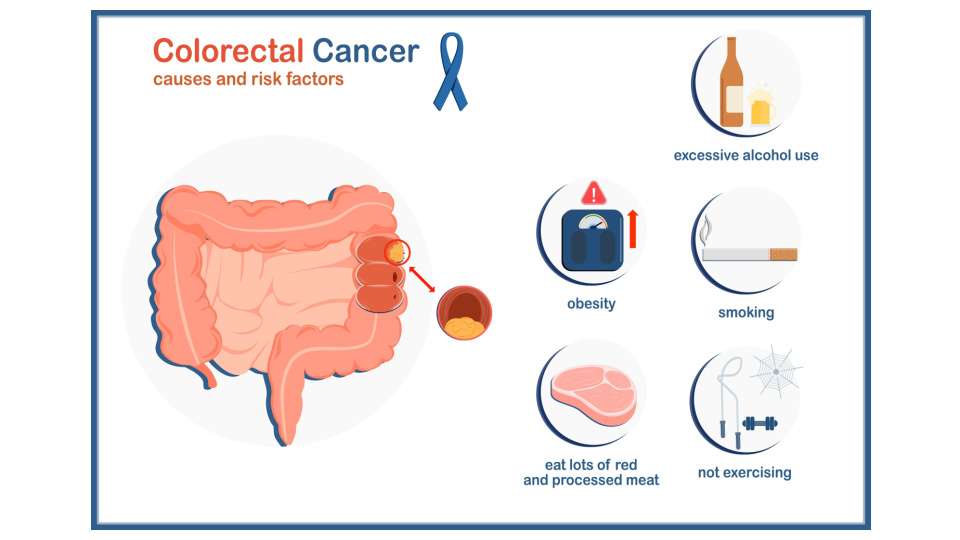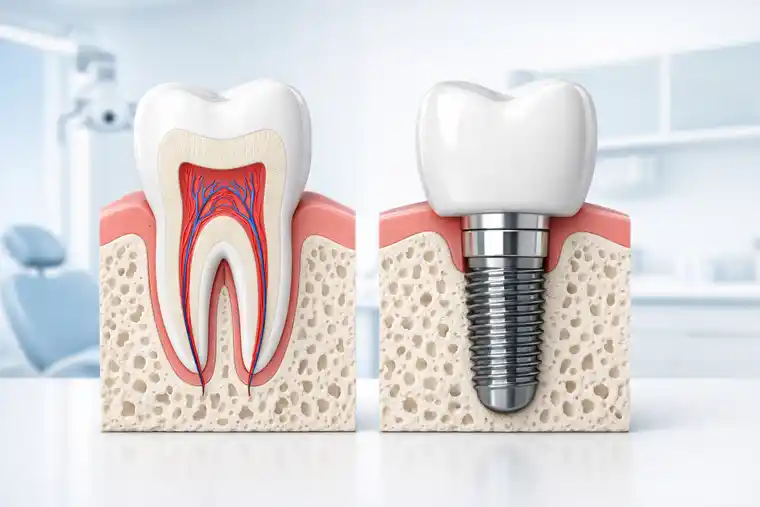Colon Cancer Treatment in ISTANBUL, TURKEY | Best Clinics, Surgeons & Prices

We’re here to choose the most suitable clinics for your colon cancer treatment in Istanbul and to be with you on this journey.
Most popular clinics for colon cancer treatment in Istanbul
Istanbul is an excellent choice for colon cancer treatment.
The city boasts state-of-the-art healthcare facilities and a team of specialized experts in colon cancer care. Patients receive access to world-class medical services and innovative treatment options. Additionally, Istanbul’s rich cultural heritage and social amenities provide support and comfort throughout the cancer treatment process. Istanbul stands as a reliable center for comprehensive and high-quality colon cancer treatment, catering to both local and international patients.
Read everything you need to know about colon cancer treatment here. The most commonly used methods include surgery, chemotherapy, radiation therapy, and targeted therapies. These aim to control colon cancer, shrink or destroy the tumor, and prevent the spread of the disease.
Let’s get started!
If you have any questions, just contact us and let us help you! We are looking forward to your call!

Table of Contents
So What Is
- Colorectal cancer is frequently caused by polyps, which develop into malignant cells over time.
- This type of cancer can progress slowly without distinct symptoms, making early diagnosis crucial.
Treatment Plan
Diagnosis:
Colonoscopy: The diagnosis of colorectal cancer is often made during a colonoscopy procedure. In this procedure, the inside of the colon is visualized using a flexible tube called an endoscope, and biopsies can be taken.
Biopsy: During colonoscopy, tissue samples are taken from suspicious areas and examined in the laboratory for testing. This helps confirm the diagnosis of cancer.
Imaging Tests: Imaging tests such as computed tomography (CT) scans and magnetic resonance imaging (MRI) may be used to determine the extent of colorectal cancer and whether it has spread.
Treatment Plan:
Surgical intervention is often recommended for early-stage colorectal cancer cases. This involves the removal of the cancerous portion of the intestine.
In some cases, preoperative or postoperative radiation therapy may be used. This helps destroy or shrink cancer cells.
Chemotherapy targets cancer cells through medications and aims to control their growth. It may be used after surgery or for advanced-stage cancers.
In certain types of colorectal cancer, targeted therapies are used because cancer cells may have specific genetic targets.

Colon Cancer Treatment is performed as:
- Surgery
- Chemotherapy
- Radiation Therapy
- Targeted Therapies
- Immunotherapy
- Palliative Care
Colon Cancer Treatment for:
- Individuals diagnosed with colon cancer.
- Patients with precancerous polyps or growths in the colon.
- Those with a family history of colon cancer or a genetic predisposition to the disease.
- Individuals at higher risk due to factors like age, diet, or inflammatory bowel disease.
Colon Cancer Treatment Duration:
- Surgery may take a few hours, but the overall duration includes pre-operative and post-operative care. Recovery after surgery can range from a few weeks to a few months.
- Chemotherapy consists of multiple cycles or sessions, with each session lasting a few hours. The duration of chemotherapy can vary but may extend over several months.
- Radiation Therapy is usually short, lasting only a few minutes each. However, radiation therapy is often administered over several weeks, with treatment sessions occurring daily on weekdays.
- Targeted Therapies and Immunotherapy courses can range from several weeks to ongoing maintenance therapy.
Colon Cancer Treatment Recovery Timeline:
- Surgery: Recovery varies but typically takes several weeks to a few months.
- Chemotherapy: Recovery spans weeks to months, contingent on treatment duration and intensity.
- Radiation Therapy: Typically, recovery occurs over several weeks to a few months, with localized side effects.
- Targeted Therapies and Immunotherapy: Recovery time varies based on individual responses and treatment duration, often with milder side effects.
Possible Risks for Colon Cancer Treatment:
- Surgery Risks
- Chemotherapy Side Effects
- Radiation Therapy Side Effects
- Targeted Therapies and Immunotherapy Side Effects
- Palliative Care Considerations
- Complications and Recovery Challenges
Aftercare & Healing Process
Aftercare
As MedClinics, we’re here for your aftercare process.
You can contact our team 24/7.
Once you finish your colon cancer treatment, you’ll enter a phase called aftercare. During this time, you’ll have regular check-ups with your medical team to make sure you’re recovering well and to catch any potential issues early. These check-ups might include physical exams, blood tests, and occasional scans. It’s important to keep talking to your doctors and nurses about any unusual symptoms or worries you have. Besides medical care, eating healthy and staying active can help you feel better.
Healing Process
Your recovery journey after colon cancer treatment is unique to you. If you had surgery, you’ll need some time to heal from the operation, which could be a few weeks to a few months, depending on the type of surgery and your health. If you had chemotherapy or radiation, you might deal with some side effects that can last for a while. Over time, most people start feeling better and get back some of their energy. To help your healing, keep following your doctor’s advice and try to eat well and stay active. It all helps you get back to feeling your best.

FAQ
What are the advantages of colon cancer treatment in Istanbul?
Istanbul presents an attractive option for individuals seeking colon cancer treatment, thanks to its world-class medical facilities and a team of experienced professionals. With a commitment to international healthcare standards, patients can access cutting-edge treatments, including targeted therapies and immunotherapy, often at a more cost-effective rate compared to Western countries. Istanbul’s rich cultural heritage and social amenities create a supportive and holistic environment for patients on their journey to recovery.
Is colon cancer treatment in Istanbul safe?
Colon cancer treatment in Istanbul is a safe and reliable choice. The city boasts modern healthcare facilities that adhere to international standards, ensuring patients receive high-quality care. Istanbul’s experienced medical professionals specialize in cancer treatment, providing patients with confidence in their expertise. Patients can trust in the safety and effectiveness of treatment options available in this vibrant and culturally rich city.
How much does colon cancer treatment cost in Istanbul?
Colon cancer treatment in Istanbul may cost anywhere from $10,000 to $30,000 or more.
What are the primary treatment options for colon cancer?
The primary treatment options for colon cancer include surgery, chemotherapy, radiation therapy, targeted therapies, immunotherapy, and palliative care. The choice of treatment depends on factors like cancer stage and individual health.
How long does colon cancer treatment typically last?
Surgery may require several weeks of recovery, while chemotherapy or radiation therapy can extend over several months.
Is colon cancer treatment painful?
Treatment experiences vary, but some treatments may cause discomfort or pain, such as surgery during the recovery period. Medications and pain management strategies are available to alleviate discomfort.
Can colon cancer be cured with treatment?
Many cases of colon cancer can be effectively treated, and some patients can achieve remission or cure. Early detection and appropriate treatment significantly improve the chances of a favorable outcome.
What is the role of aftercare or follow-up in colon cancer treatment?
Aftercare involves regular medical check-ups to monitor recovery, detect any potential recurrence early, and address any treatment-related issues. It’s a crucial part of ensuring long-term well-being.
Get your free consultation
- Need guidance and reassurance?
- Talk to a real person from MedClinics!
- Let's find the perfect doctor together.





